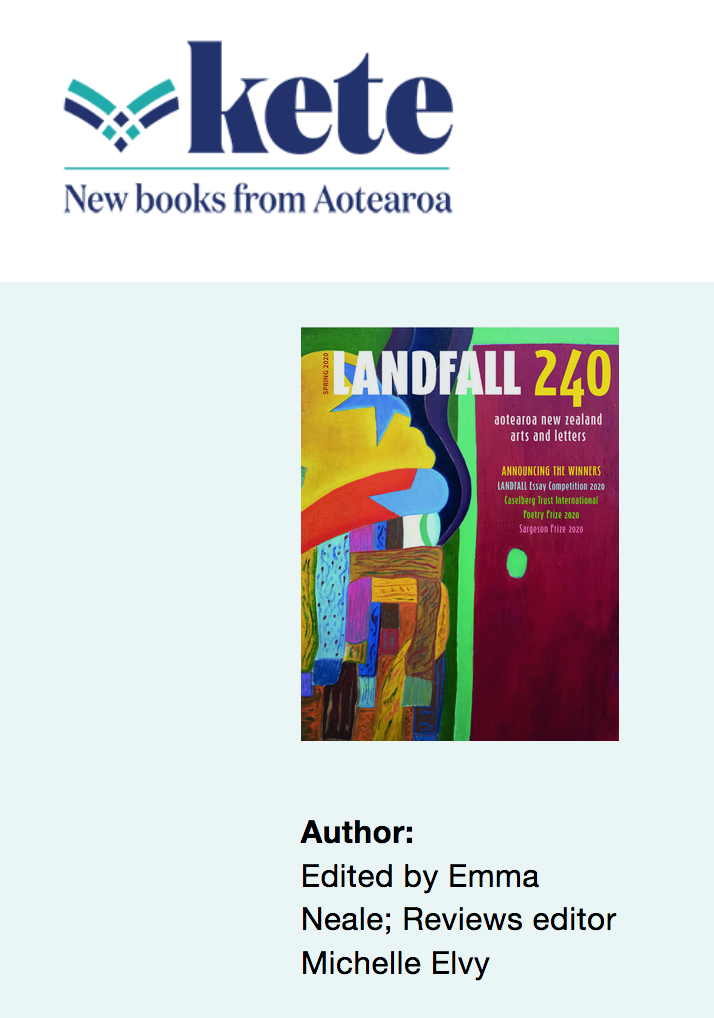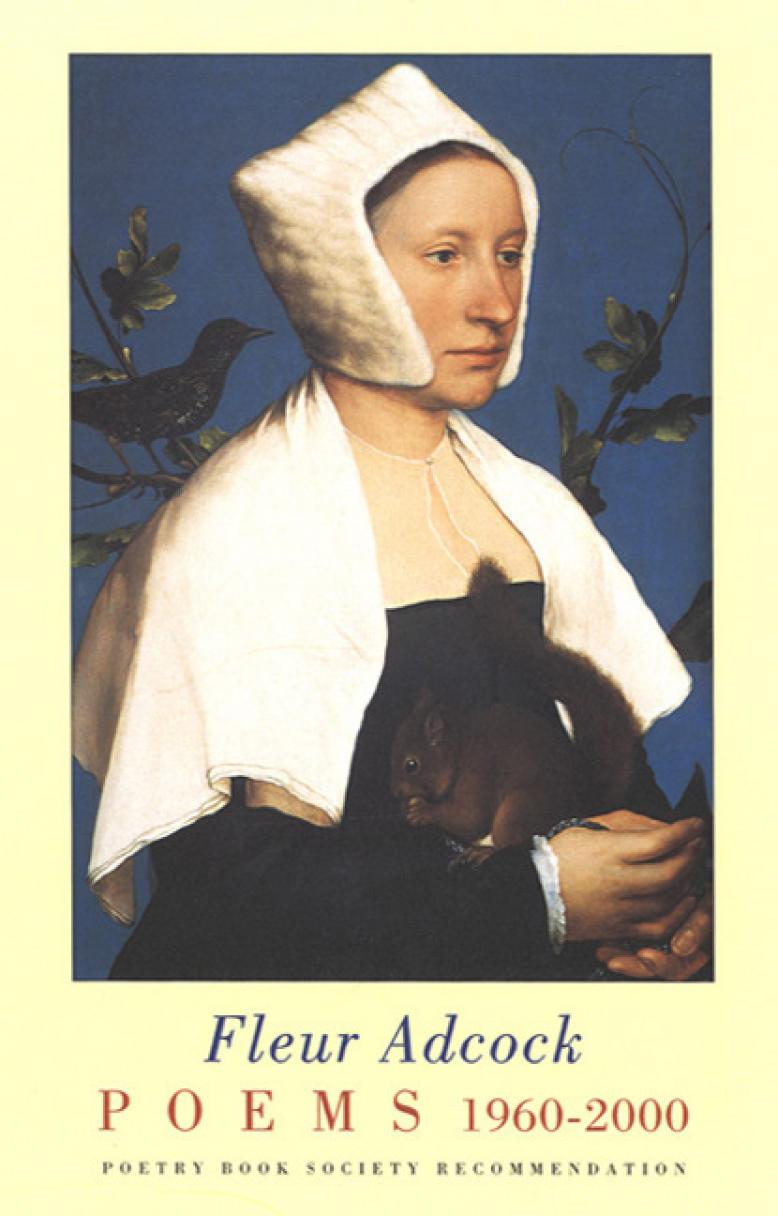Poetry New Zealand Yearbook is now edited by Tracey Slaughter, supported by the University of Waikato and published by Massey University Press. The latest issue continues to showcase poetry, essays, reviews and a feature poet. It also runs an annual poetry competition for secondary students.
Tracey Slaughter’s introduction sidesteps the traditional literary journal’s editorial ‘opening’ and riffs on the theme of breakage. I adore it! The end of a line provides infinite fascinations: either as a rest stop or an open valve, but Tracey draws us to the way the line itself may be punctured with white space. It is not just the visual hit, prolonged breath or a shift in rhythm, it’s ‘Switch your senses on’. Tracey’s editorial is an invigorating piece on reading and writing poetry. It’s a rush to the senses, and inspired me to to create my second Paragraph Room (coming up soon!).
As an electrified proposition on reading poetry, it also applies to our entry into Poetry New Zealand 2022:
‘Bring it all. Waste nothing. Use everything you are to open the poems in this book.’
Celebration time: there is a succulent and diverse wave of young poets in Aotearoa New Zealand. You meet them on Starling, on social media, in the IIML secondary school poetry competition, and through publishers such as We Are Babies. Holding an annual competition for secondary school students in Aotearoa, PNZYB adds to the increased visibility of emerging voices.
The four First Prize winners (from Y11 to Y13) are nestled in the alphabetical order of the contributors. Good to see them sit alongside the selected poets rather than as a competition adjunct. Unlike most writing competitions, there is no judge’s report. Were there common themes, styles? Leanings towards politics or the personal or both? What the four published poems underline is these new writers are an unmissable destination. You get heart, you get garden-fresh, breathtaking music, thunderbolt surprise, word nimbleness. The names to watch: Ocean Jade, Caitlin Jenkins, Sarah-Kate Simons and Jade Wilson. I am lost for words … these poets are so darn good.
get some air. the haze of summer is ripe and all i could ever want
is to rest my head into its shoulder, rendered to its shallow fever
until i can find a warmth to keep safe. for now,
my head is tilted north through your slack-jawed window
with patient wind threading into my skin
Ocean Jade from ‘Route Back Home’
when the world wants our faces to kiss the concrete
we’ll still be safe in the arms of papatūānuku
cause when things go south —
we’ll deal with them like south —
with the love our roots nourish us in …
bronze skin mona lisa
Caitlin Jenkins from ‘South’
Wes Lee is the featured poet. Her most recent collection is By the Lapels (Steele Roberts, 2019). She was a finalist for the Sarah Broom Poetry Prize (2018) and was awarded the Poetry New Zealand Prize the following year. Tracey provides two terrific paragraphs as entry points into both the poems and an interview she has with Wes. Wes’s poems leave her in awe: ‘accosted, exhilarated, struck’. Tracey writes: ‘The scenes glimpsed within a Wes Lee poem are often low-key, incidental, domestic, yet under the surreal pressure of the poet’s eye the ordinary detonates and homely details seethe and seize.’ Indeed. The poems walk on a precarious edge of living. They scratch and lash, they tilt you as read. You body surf on currents of memory, trauma, the personal.
A highlight for me is reading the essay of poet and journalist, Maryana Garcia’s ‘A Clearer Dawning”. Maryana writes of being selected for the AUP antholgy A Clear Dawn: New Asian Voices from Aotearoa New Zealand, and on standing in the wings about to read at the book launch at the Auckland Writers Festival. The essay is sorting buttons, reciting vowels and diphthongs, a moving ledger of plus and minuses in the family’s move to New Zealand several decades ago (bomb checks v Lola’s cloth cupboard, smog v the best mangoes in the world). It is self doubt as a poet. We should all have a folder marked ‘Dietritus’! It is the way memory is hooked when you least expect it (by the fabric feel of the anthology’s cover). More than anything, it is in keeping with A Clear Dawn‘s stated aim: that Asian poets, like all poets, write about anything in a thousand inspiring ways.
I stared at my poetry folder, asked myself which poems I felt at home with. The answer was: none. Tabs closed. Tabs opened. I blinked again. Then I clicked on a folder I’d called, in a fit of creative frustration, Dietritus.
Maryana Garcia from ‘A Clearer Dawning’
Derek Schulz’s essay steps off from a brilliant Alice Oswald quotation (‘poetry is the great unsettler’) to opening windows on Emily Dickinson’s poetry. I kept arguing and agreeing with the essay which is far more satisfying than skim reading and moving onto the next page.
Sometimes you fall upon a piece of writing at exactly the right time. Sue Wootton’s extraordinary ‘This Damned Helplessness’ chimes so deeply when I am currently equating 2022 to climbing Mt Everest, when I am in training for a high risk adventure and not at all sure what views I will see. Caught in the gap between so many things. Sue considers climbing a first mountain and a second mountain, each with different views, and then perhaps imaginary mountains (Dream, Day, Night, Fact, fiction, Science, Culture, Body, Soul). More importantly, she traverses (connects with) how to exist, survive, flourish in the space between disparate things. Say Science and Culture. The first mountain view and the second mountain view. What is said and what is misheard. She uses her past experience as a physiotherapist to consider storytelling, gap navigation, treating pain, broken self narratives, bridges, patient involvement, re-composition. I am barely scratching the surface of this intricate tapestry of thought. It’s a satisfying neighbourhood of quotations and responses to other writers, physicians, thinkers, patients. Beautifully written, supremely thought provoking, it’s an empathetic plea to speak from both mountains. Yes, extraordinary, humble writing.
My issue of Poetry New Zealand Yearbook 2022 is already well thumbed as I lily-pad hop the poems (one poem per poet) along with the continued solid devotion to reviewing poetry books published in Aotearoa. This is a journal I am drawing out over months not days. To savour and sidestoke in. There are unfamiliar names and recognisable favourites. Under Tracey’s inspired editorship, Poetry New Zealand Yearbook is something I look forward to. Rejuvenating. Rejuvenating. Rejuvenating.
take this night
quickly like a pill / the pull
of space cracking / ankle joints
from the stretch up
in its dark belly
gurgling acid starlight
Hebe Kearney from ‘night comes on’
she lay on the pavement
squinting at clouds
and never made out
my father roosting
in cranes and carillons
even her dress pressed
with paintings of the domes
of Budapest made
her giddy sun downing
giddy this way
and that
Kerrin P. Sharpe from ‘the scaffolding of wings’
didn’t matter that our Chinese faces
spoke white/all of us knew the routineness
of string/mā má mǎ mà/knotted our xīn
into snake bites/left our tongues parched/
dead nailed until the bell rang three.
Wen-Juenn Lee from ‘chinese class’
Massey University Press page
10 Questions with Tracey Slaughter
Tracey Slaughter teaches creative writing at the University of Waikato, where she edits the journals Mayhem and Poetry New Zealand Yearbook.
























